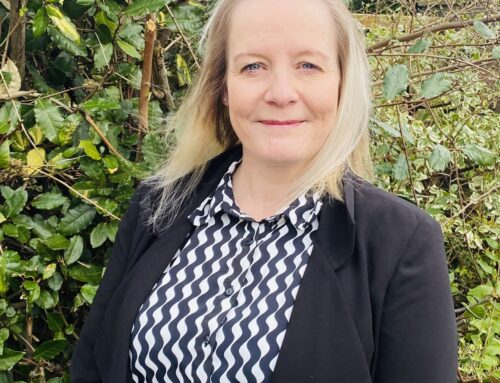From May 2021 new debt respite regulations came into force
The Scheme aims to give someone who has a problem debt the right to legal protection from their creditors and will be known as ‘breathing space’.
Two types of ‘breathing space’ will be available. Standard breathing space and Mental health breathing space.
Standard breathing space
Standard breathing space is available to anyone with problem debt.
- Gives a person legal protection from their creditors for up to 60 days.
The protections include:
- Pausing most enforcement action
- Pausing contact from creditors
- Freezing most interest and charges on their debt
Standard breathing space criteria
- Be an individual
- Owe a qualifying debt to a creditor
- Live or usually reside in England or Wales
- Not have a debt relief order (DRO), an individual voluntary arrangement (IVA), an interim order, or be an undischarged bankrupt at the time they apply
- Not already have a breathing space or have had a standard breathing space in the last 12 months at the time they apply
Must also satisfy that they meet both of the following conditions:
- Cannot, or is unlikely to be able to, repay all or some of their debt
- Breathing space is appropriate
Mental health crisis breathing space
Only available to someone who is receiving mental health crisis treatment.
This type of breathing space has some stronger protections:
- Lasts for as long as the person’s mental health crisis treatment, plus 30 days (no matter how long the crisis treatment lasts).
The Scheme is administered by the Insolvency Service, and further guidance is available online at GOV.UK.
Creditors will be notified if a debtor enters breathing space.
If there are any existing legal proceedings in a court or tribunal in relation to the debt, it is the responsibility of the creditor to notify the court or tribunal in writing as soon as a notification is received.
A creditor will be notified if a breathing space is cancelled and again the creditor must notify the court or tribunal in writing if this happens.
Notifications must:
- be in writing
- advise which scheme is being applied for or cancelled:
Standard breathing space or Mental health crisis moratorium
- state the date on which the scheme commenced or was cancelled
- be accompanied by a copy of the notification received by the creditor
The debtor applying for a breathing space must satisfy particular criteria and satisfy all conditions before applying:
Mental health crisis breathing space criteria
The debtor must still meet the same criteria and conditions for a standard breathing space, but they must also be receiving mental health crisis treatment at the time that an application is made. A debtor who has had a standard or mental health crisis breathing space in the last 12 months may be eligible for a mental health crisis breathing space.
There is no limit to how many times a debtor can enter a mental health crisis breathing space.
If the debtor is a sole trader and has business debts to include, they must also provide:
- their trading name or names
- any business address
Most debts are likely to be qualifying debts and some business debts also qualify for the breathing space, they do not qualify if the debt only relates to the business (not the debtor personally) and the debtor is VAT registered, or the debtor is a partner in a business with someone else.
How Beeston Shenton Can Help
The team at Beeston Shenton has a wealth of knowledge and expertise in debt recovery steps to aid your business.
At Beeston Shenton, we provide a considered approach to speed up debt recovery collections whilst minimising customer conflict and reducing the risk to your business.
Our service is tailored to match the individual needs of your business and we pride ourselves in offering bespoke, cost-effective solutions to your debt recovery needs – from simply chasing late payers to legal proceedings including all county court and insolvency processes.
We are totally dedicated to helping our clients improve cash flow and increase the profitability of their businesses and we use the latest in Debt Recovery software enabling us to process both pre-legal and legal collections promptly and efficiently.
About the author
Iain Bould
Iain Bould is the head of our Commercial Litigation department.
Iain has over 28 years of experience in Commercial Debt Recovery having worked in both Private Practice and Industry and brings a pragmatic and commercial approach to recovering debts. With extensive experience working across all industry sectors, Iain has particular expertise in working with Insolvency Practitioners in advising and recovering outstanding insolvent company ledgers.
If you need any advice or further information please contact Iain at iain.bould@beestonshenton.co.uk




